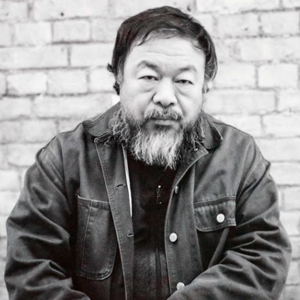70s: The Landscape of Memories
By Shannon Brien
“Without memory, there is no culture. Without memory, there would be no civilisation, no society, no future” – Elie Wiesel
Memory is essential to our life. It keeps us grounded and rooted with our past, drives us towards the future and shapes our knowledge. An Era Without Memories: Chinese Contemporary Photography on Urban Transformation by Jiang Jiehong is a photographic display of the urban destruction and reconstruction of China by contemporary Chinese artists.
This book is a comment on the explosive growth in the Chinese population which led to rapid urbanisation, resulting in the loss of historic neighbourhoods. Destruction of these historic buildings has resulted in a collective memory loss as these buildings are replaced with suburbs, skyscrapers and freeways. The loss of such history in Chinese society has created a lack of tangible connection with their past, creating an imagined West instead.
 Yang Yi, A Sunken Homeland, Nanjiao Residential Building, Kaixian, 2007
Yang Yi, A Sunken Homeland, Nanjiao Residential Building, Kaixian, 2007
 Chi Peng, Sprinting Forward no. 2, 2004
Chi Peng, Sprinting Forward no. 2, 2004
Featuring four contextual essays by Jiehong, the book describes the story of the urban landscape through black and white photographs, hand tinted prints, panoramic photos, digitally manipulated works and records of installations and artistic inventions.
 Shao Yinong & Mu Chen, Assembly Hall, Shenbian, 2004
Shao Yinong & Mu Chen, Assembly Hall, Shenbian, 2004
“If the mission of an artist is to think, imagine and critique, how is it possible to keep up with such a society in flux? If photography has always been a means of holding onto the present at the moment of its demise, what photographic strategies are appropriate for the overwhelming pace and extent of transformation in contemporary China?” – Jiang Jiehong.






